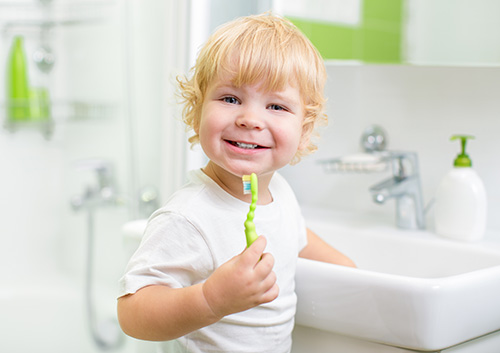When was your last dental checkup?
August 7th, 2024

While Dr. Janna Spahr and Dr. Jeff Spahr and our team tell you daily oral hygiene habits, such as brushing and flossing, are essential to optimal oral health, regular dental checkups at Milford Dental Clinic ensure your teeth are treated to a deeper level of cleaning.
We recommend for most of our patients to have a cleaning at our Milford, NE office at least every six months. In addition to a thorough cleaning and polishing of your teeth, visits with Dr. Janna Spahr and Dr. Jeff Spahr help us detect and prevent the onset of tooth decay and gum disease, also known as periodontal disease. During your visit, we will check the health of your mouth, teeth, gums, cheeks, and tongue for signs of any decay or disease. We will also check old fillings and restorations as these can wear away over time due to chewing, clenching, or grinding.
If you are predisposed to any oral diseases, Dr. Janna Spahr and Dr. Jeff Spahr may recommend checking in with us more often than every six months. We want your teeth to get the professional attention they deserve! If you are overdue for your next cleaning, give us a call at our Milford, NE office to schedule a checkup! See you soon!




 Website Powered by Sesame 24-7™
Website Powered by Sesame 24-7™